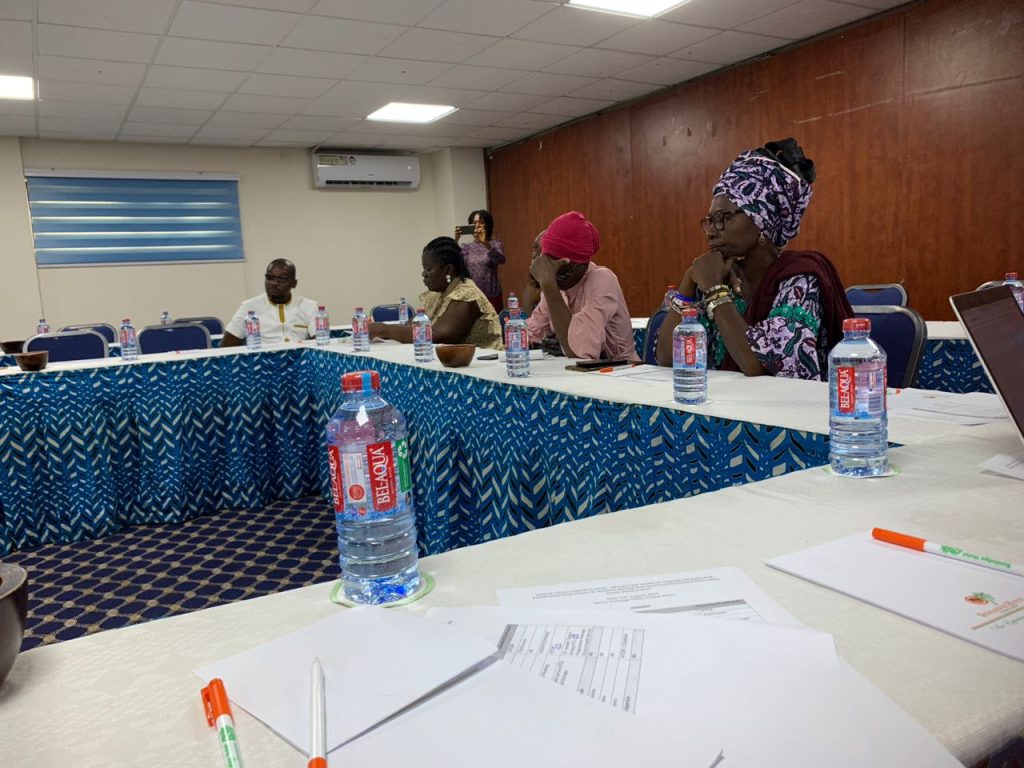By Stanley Senya
Accra, Aug. 24, GNA – Dr Joseph Opare, Acting Programme Manager of Neglected Tropical Disease (NTD), Ghana Health Service, says sustaining Water Sanitation and Hygiene (WASH) activities in rural communities will help prevent NTDs across the country.
He said improved WASH systems had a key role to play in the control and elimination of NTDs.
He made the call at a stakholders meeting on the relevance of WASH in sustainable NTD control and elimination in Accra.
Dr Opare said access to WASH facility was critical in the prevention, treatment and care for all NTDs, including schistosomiasis, Lymphatic Filariasis, Onchocerciasis and Trachom, adding that change of human behaviour was a major contributor to prevent the formation of such diseases.
He said open defecation and urination is also a form of spreading NTDs, adding urinating near water bodies allowed infections to travel faster to the human body.
He advised government and stakeholders to implement WASH policies to ensure personal hygiene and protection of the environment, adding that we must look into the WASH facilities to make sure that we have potable water and toilet facilities in abundance.
He urged all stakeholders, especially Non-governmental organisations (NGOs) in the Health and WASH sector, to ensure the continuous implementation of hygiene among individuals who live in the rural areas, especially those who dwell near river, lake and lagoons.
“We must encourage partners and NGOs to do more and contribute to their efforts in making WASH sustainable,”he said.
However, stakeholders during the plenary discussion said the lack of funds was a negative factor affecting the continuous efforts to achieve WASH sustainability.
They added that government must support WASH activities and donor partners to help complete WASH facilities in most rural areas.

Ghana is endemic to 14 NTD’s and each district has at least two NTDs across the country.
NTDs are more endemic in poor communities with compromised water, sanitation and hygiene systems, promoting a cycle of poverty and stigma among people.
The primary goal for the NTD programme was to reduce the prevalence of NTDs in Ghana to the level that is no longer of public health significance by 2030.
It is geared to contribute to socio-economic development and wealth creation by promoting health, vitality and ensuring access to quality health services for all people living in Ghana.
GNA